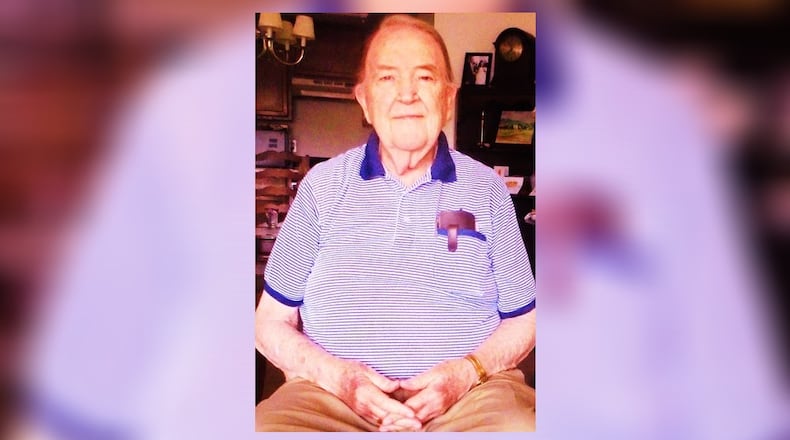By 1940 Great Britain was alone in the fight for freedom, but found the United States reluctant to see the face of evil in Nazi Germany. Eloquent speakers such as aviation hero Charles Lindbergh said Europe’s and the British Empire’s many imperfections were not worth our attention. Then Japan forced us into the war and, as the saying goes, the rest is history.
Today we know all about the Holocaust and the horrors of slave labor under the Nazis. And we know that only Adolf Hitler’s miscalculations kept Nazi scientists from completing work on their atom bomb. Imagine a world in which Hitler could announce that London (and Moscow) would be destroyed by one V2 rocket each without unconditional surrender.
That nightmare alone should move us see and understand the face or faces of evil in today’s world, although we also now know about the price of repression in Russia and China. Understanding should begin with education at every level promoting reasoned debate – the pros, cons, maybes and what ifs – of how we defend the freedoms we speak of so casually and so often. We could begin by understanding why freedom lovers around the world admire and envy us and why there are other people who hate us for that.
Government teacher R. Gregg Cross wrote in these pages recently of the need to end our political screaming matches and “take a closer look at ourselves.” Well, there was a small step in that direction recently at Dayton’s Belmont High School. The school accepted a Freedom Shrine from the Exchange Club of Dayton, a century-old service club and part of a national network. The Shrines display many of the documents on the Freedom Train that toured the country after World War II – the Declaration of Independence, Bill of Rights, notable speeches and documents that illustrate how our democracy works.
The Belmont Shrine, as the photo shows, was the work of many talented hands, but especially that of retired Marine MSgt. Thomas Oliver who once taught at Belmont and was the fervent promoter of a Junior Naval ROTC unit there. He is also an Exchange Club member now and has hopes of expanding what has started at Belmont.
The school’s JNROTC unit is the protector of the Shrine so that it will be a resource for teaching American history, government and what patriotism truly is. Current polls show many young people disdain what they believe is patriotism – specifically the words “my country right or wrong.” At the Belmont dedication, it was emphasized that the Shrine stands for the ideals of our country’s founding notwithstanding the imperfections of the Founding Fathers and those who have followed in their footsteps.
Patriotism is being true to those ideals and recognition of the mistakes and human flaws that have so often made our freedom imperfect — but never impossible. We must not let the faces of evil change that.
William Wild is a 46-year member of the Dayton Exchange Club and a retired columnist and editor for numerous newspapers throughout his career, most notably as the editorial page editor of the Journal Herald in Dayton and associate editor for the Dayton Daily News.
About the Author

